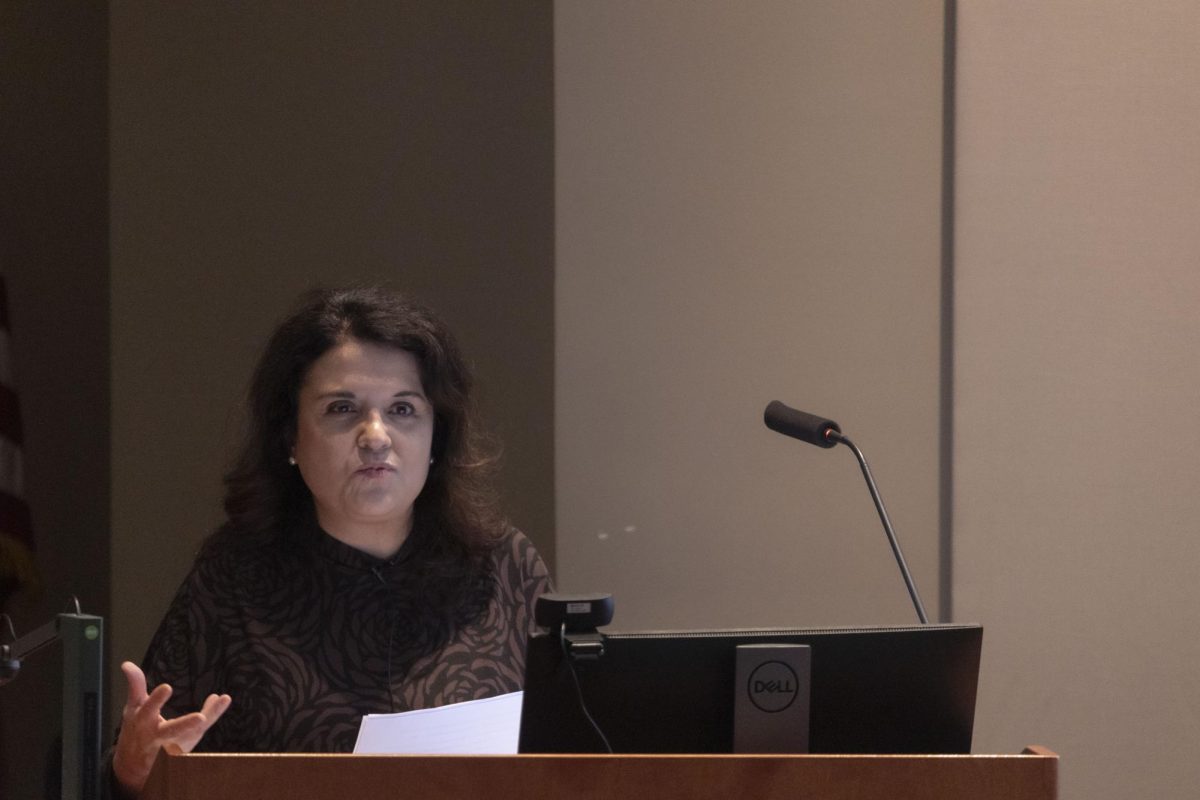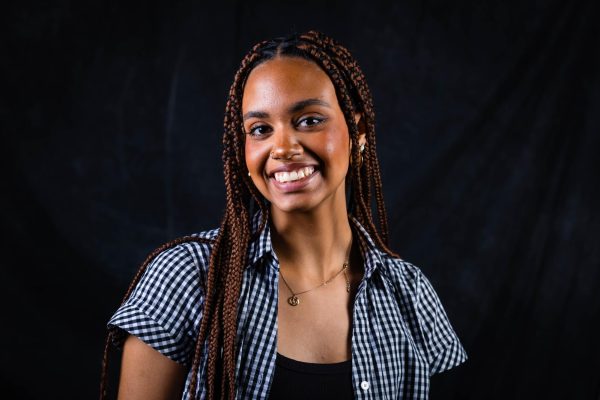The WKU Africana Studies program hosted Dr. Ana Lucia Araujo, a historian, author and history professor at Howard University, to speak about her research and book “Humans in Shackles: The Atlantic History of Slavery.”
Her book highlights the linear history of the Transatlantic slave trade and slavery in the Americas, according to the book’s synopsis.
Araujo discussed the research process that went into learning the history behind slavery including the discovery of primary sources like photographs and the role of African women.
“They [Africans] built the Americas, so this is important today because especially in the legacies of these atrocities, they remain still very present through anti-black racism,” Araujo said.
Araujo is a member of the UNESCO project “Routes Of Enslaved People” which has “played a major role in breaking the silence surrounding the history of slavery and placing this tragedy that has shaped the modern world in the universal memory”, according to the UNESCO website.
She is the author and editor of 15 books on slavery and colonization. Her work has been funded by the Institute of Advanced Study, the American Council of Learned Societies and the Getty Research Institute.
According to Araujo, her book “Humans in Shackles: The Atlantic History of Slavery.” focuses on the United States and Brazil as being “central players” in the Transatlantic slave trade.
“This story needs to be known by taking into account what was happening in Africa and also the importance of women,” Araujo said.
Brooke Wilson, a junior history major, said she attended the lecture because of the importance of understanding and connecting with people on a deeper level and acknowledging the value of their past experiences.
“I always feel like you can learn something from people like today, and even from the past to make sure it doesn’t happen again,” Wilson said, “And I just know there is goodness in people.”
Bella Mukonyora, a philosophy and religion professor from Zimbabwe, emphasized the importance of addressing societal and historical issues and nurturing values to reduce societal aggression.
“We have a dark side that can come if we don’t nurture it within ourselves, certain values, virtues, and we should respect each other as human beings,” Mukonyora said.





